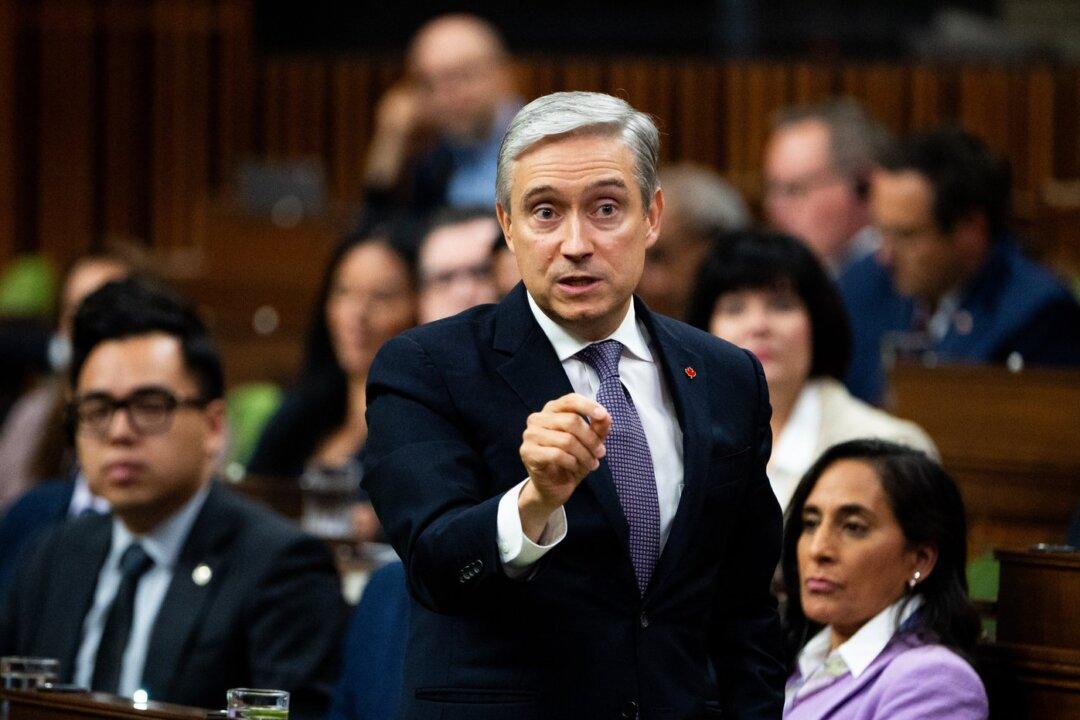Canada participated in the first-ever international summit on the safety of artificial intelligence (AI) in early November in the UK, where newfound opportunities were being balanced with warnings about the dire consequences of leaving the technology unchecked.
The Canadian government says it’s an important player in AI governance on the world stage. At the same time, its bill to regulate the field has been met with criticism for being either too vague or already outdated.





